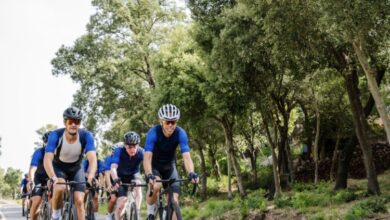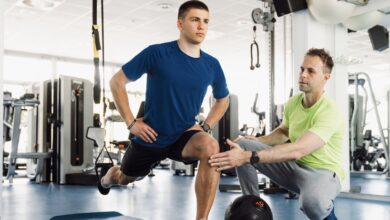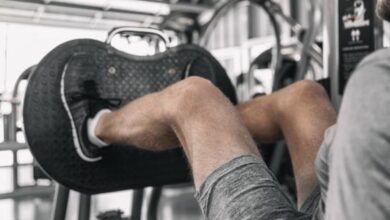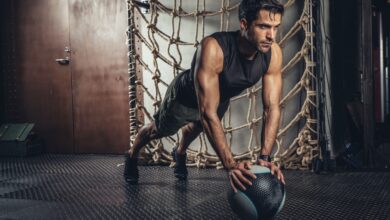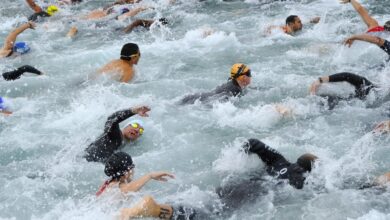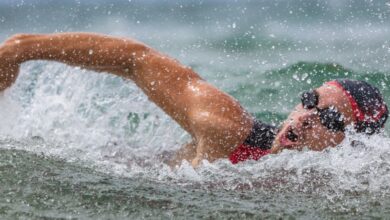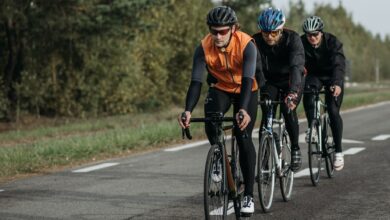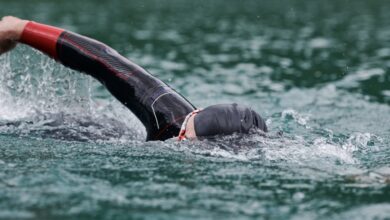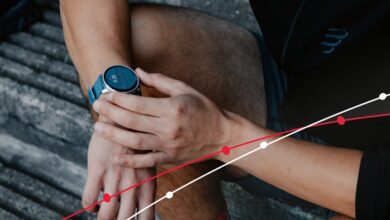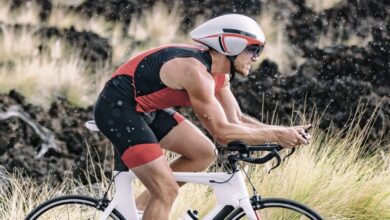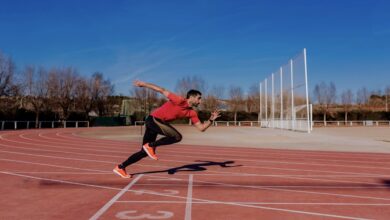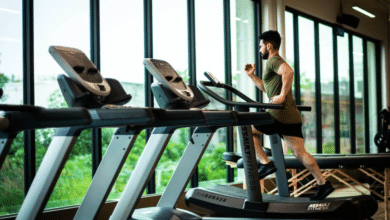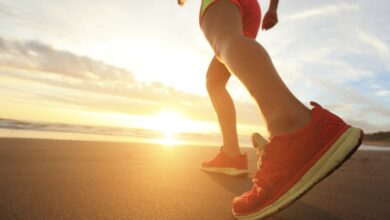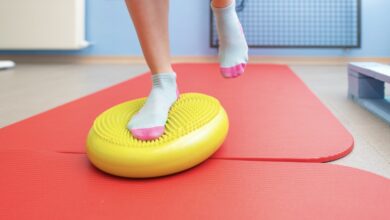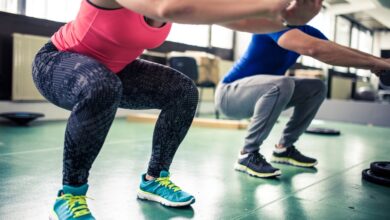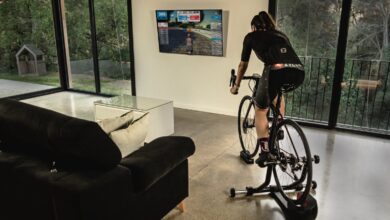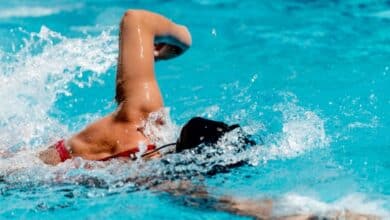Tips to improve endurance for a long distance triathlon
Two or three sessions of each discipline per week to start
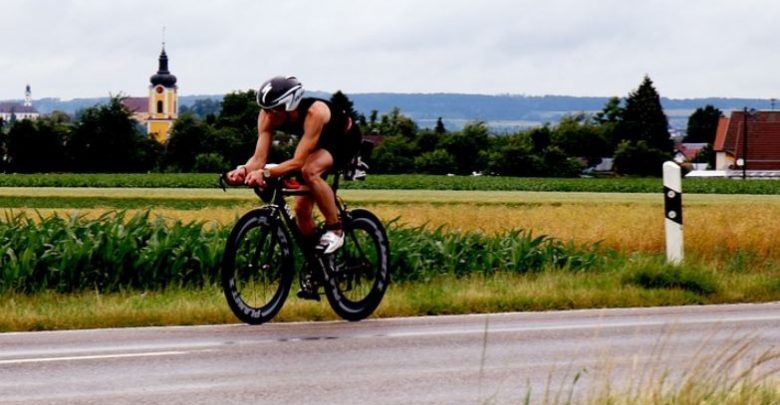
A new challenge, many kilometers, many hours of training and several fundamental points that will make you achieve it.
If we have in mind face a long distance triathlon (3,8 Km swimming, 180Km bike and 42Km race), the fundamental pillar will be our Preseason.
During the first months of the season we should train higher volumes with low to medium intensities.
In this way we can ensure a good aerobic base for the rest of the season. This does not mean that from the first week you must add high volumes, but you must start with a training adapted to your level and progressively increase.
What is the aerobic resistance?
Two or three sessions of each discipline per week to start
As an orientation you can take the following weekly references distributed in two or three sessions of each discipline to start: 4Km swimming, 120Km cycling and 20Km running.
Each week increase the volume of each discipline gradually according to your availability and the instructions of your coach.
Do not forget the work of force
Also, the strength work plays an essential role both in the rest of physical capacities (mainly resistance and speed) and in the prevention of injuries.
Therefore you must include it from the preseason, with a goal of general physical conditioning.
This work should focus on large muscle groups, performing 2 or 3 series from 12 to 15 repetitions, without reaching muscle failure at the end of each series.
As the season progresses, the strength sessions should be oriented to the work of the main muscles involved in the three sports, with more specific exercises such as functional running work and the simulation of swimming with rubber bands.
Keep between 2 and 3 weekly strength training sessions throughout the season, in which one is mainly core work.
Do not obsess about doing the distance of the test in training
Do not get obsessed with training and competing in the total distances of each segment that is your goal. These workouts lead to great physical and mental fatigue, leading to your recovery hours (and days).
Combined workouts of two of the three disciplines with shorter distances will give you a good aerobic work for your objective test and less wear.
For example, you can make a route in 80Km bike and nothing else to finish running 10Km at a half marathon pace.
Use the rhythm changes to increase your aerobic endurance
The changes of rhythms or fartlek they are a good resource to work aerobic resistance without the need for excessive volumes.
For example, you can do 15Km of running alternating every two kilometers your comfortable pace with your average pace or 2000 meters of swimming alternating rhythms every 100 or 200 meters.
Cheer your body to the hydration and nutrition
La hydration and nutrition They won't magically increase your endurance, but they will make you finish your test and even your long workouts.
It is very important that You are accustomed to the body to ingest liquid and solid during workouts so as not to be surprised on the day of the test. Broadly speaking, it is recommended to take 0.6-1 grams of carbohydrates per kilo of weight every hour of exercise as well as a "couple of drinks" every 15-20 minutes alternating water and isotonic drink.
Remember that the recommendations are general, do not leave anything to improvisation for the day of the test and accustom your body and mind to the objective you have decided to achieve and put yourself in the hands of a professional in the area so that it can guide you in your preparation.
Laura García Cervantes
Dra. Science of Physical Activity and Sport
Technical Director Club Trikatlón Tres Cantos
Triathlon and Swimming Senior Trainer
Paratriathlon Specialist Trainer
There are no previous results.







